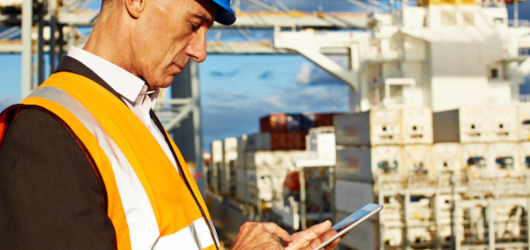Magazine
Deep diving into digital transformation
Our magazine is a collection of informative articles written by respected technology journalists and experts from within Orange Business. Here you’ll learn about new trends in digital innovation in B2B and discover more about our own expertise in these areas.

How to improve user adoption of collaboration tools
Unified communication-as-a-service solutions became very much in favor over the last year.
5G powers smart port transformation with state-of-the-art connectivity
5G has the potential to enable all kinds of new digital applications within ports such as smart drones
Hyperpersonalization is the next big step forward in total customer care
Today’s customers expect the highest levels of personalization or they take their business elsewhere
Enterprise tech trends : what will shape digital transformation in 2021?
How can businesses leverage emerging technologies to improve the customer experience